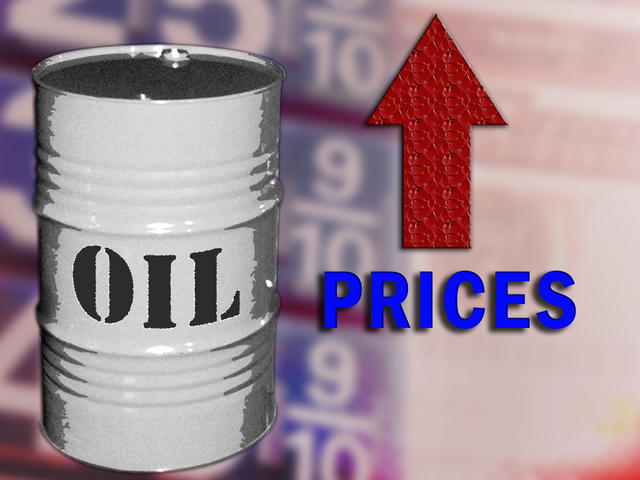International Oil Disputes Elevate Prices
As the oil battle continues between Iran and Europe, prices of this crude export have climbed to the highest level in over five weeks.

In retaliation for Europe's planned embargo of Iranian oil scheduled for later this year, Iran said it will cut off some oil exports to the Eurozone. This will force European refineries to find new sources of oil much sooner than expected and increase demand in the short term.
The E.U. embargo was announced last month. It was planned to begin in July to give refineries enough time to arrange new supply contracts. The European Union buys about 18 percent of Iran's total crude exports, and had planned this embargo to pressure the country to abandon its nuclear weapon program.
Other Western nations, including the U.S., have voiced fears that Iran has a nuclear weapon as well. However, Iran denies this claim.
On Wednesday, Iran's state media reported that they were making efforts to cut off oil exports to six European nations. Reports issued say that Iran halted exports to both France and the Netherlands and that ultimatums have been issued to Italy, Spain, Greece, and Portugal demanding that long term contracts be signed or Iran will cut them off as well.
Jim Ritterbusch, an independent oil analyst, believes that the announcement may have been a bluff to escalate oil prices.
"They're trying to keep the market hyped up," Ritterbusch said. "Iran knows that by cutting off exports, it only hurts themselves. It reduces their revenue stream."
Despite all of this, prices continue to rise. Benchmark U.S. crude rose by $1.06, closing the day at $101.80 per barrel in New York.
In London, Brent Crude, which is used to price imported foreign oil rose by $1.58, ending the day at $118.93 per barrel.
Iran gets about half of its revenue from oil exports. Analysts say Iran will likely be forced to sell oil to India and China to make up for the loss of European sales.
Because of this, analysts also say the E.U. will likely begin buying oil from Libya and Saudi Arabia. However, if those two sources cannot provide the necessary exports, oil analyst and broker Gene McGillian claims that oil prices could be pushed even higher.
Oil prices were also supported by strong gross domestic product reports from Germany and France indicating that Europe's economy may not have contracted as much as initially feared last year.
Retail gasoline prices have also risen, and are expected to rise further as this oil embroilment continues.
The Associated Press contributed to this report.










